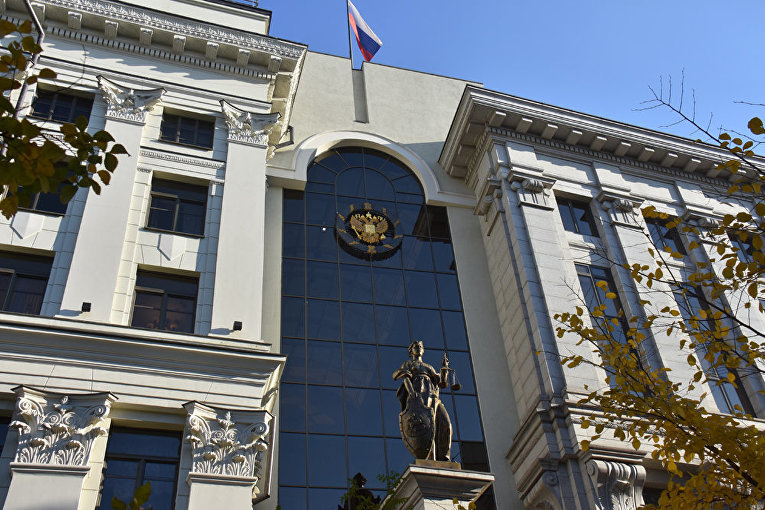MOSCOW, August 12 (RAPSI) — The Russian Supreme Court has dismissed an administrative claim of British citizen Leo Francis Morgan seeking recognition of the instructions on the organization of information support for cooperation through Interpol as partially invalid, the RAPSI correspondent reports from the courtroom.
The claimant, the head of one of the largest international drug cartels, who is currently serving a sentence in Panama, where in 2004 he was sentenced to 24 years in prison.
In the Russian Federation, Morgan is involved in a criminal case over trafficking large consignments of cocaine from Colombia and has been put on the international wanted list.
Morgan asked to invalidate certain provisions of the document governing information support for cooperation through Interpol saying that a person may be removed from the international wanted list in case the respective criminal proceedings are terminated.
According to the claimant, this provision of the Instruction violates his rights as a defendant in a criminal case, since it does not allow the prosecution to be terminated due to the expiration of the statute of limitations.
Morgan’s lawyer Anatoly Kuznetsov insisted that Russian investigators had suspended the statute of limitations on the ground of this provision; however, the lawyer acknowledged during the hearings that all lower courts had already dismissed his client’s complaint.
In turn, representative of the Russian Interior Ministry Yulia Safonova noted that the contested provision does not determine the grounds for suspending the statute of limitations in a criminal case, since this belongs to the exclusive competence of the federal legislators.
Article 78 of the Russian Criminal Code clearly establishes all particulars as to the statute of limitations, among them those suspending these terms in cases of the evasion of investigation and court, what was the matter in issue, and not the fact of putting Morgan on the wanted list, Safonova said.
Having weighted the arguments presented by the parties, the Supreme Court ruled against the claimant.



